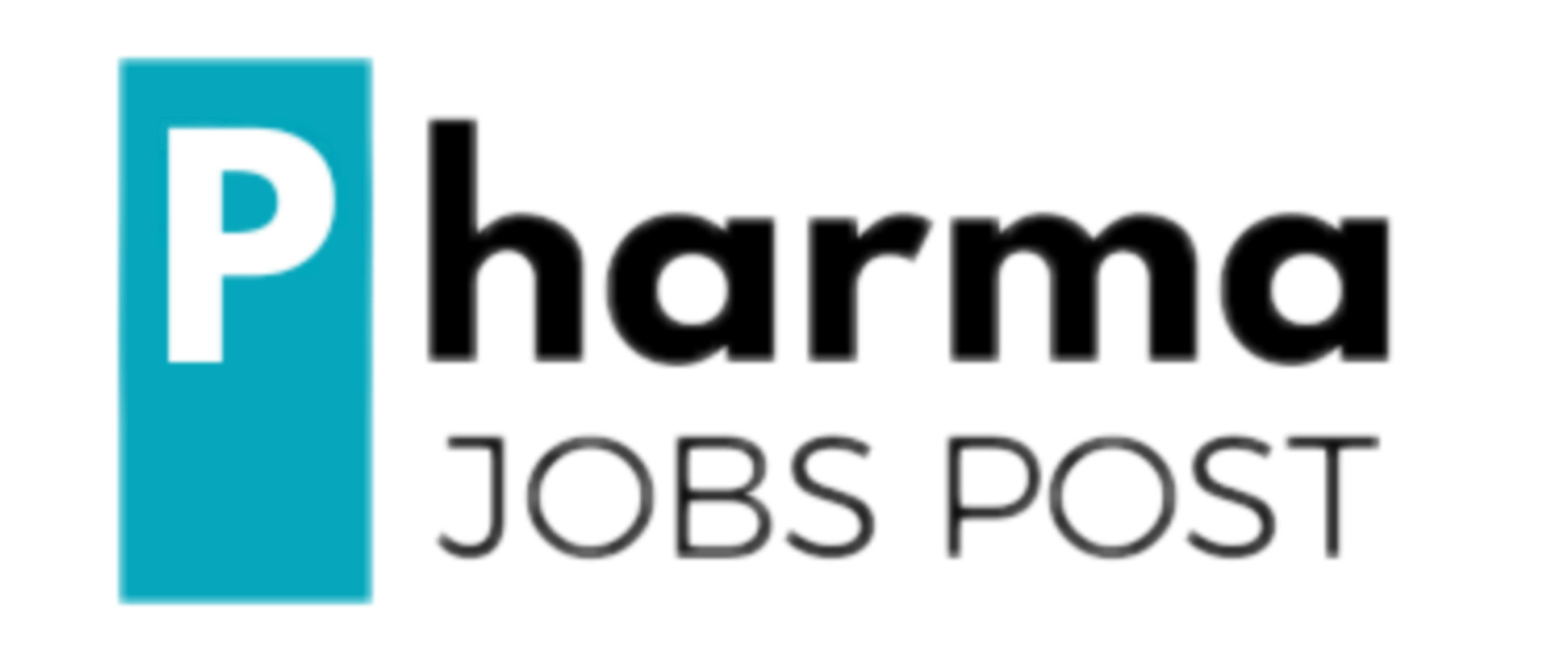First and only targeted treatment approved in the US for chronic, relapsing skin disorder

Sanofi and Regeneron announced that the US Food and Drug Administration (FDA) has approved Dupixent (dupilumab) for the treatment of bullous pemphigoid (BP) in adults, marking a significant milestone in the management of this debilitating autoimmune skin condition.
Bullous pemphigoid is a chronic, relapsing skin disease characterized by large, fluid-filled blisters and severe itching. It primarily affects older adults and can significantly impair quality of life. Until now, treatment options have been limited to broad immunosuppressants such as corticosteroids, which carry considerable safety concerns with long-term use.
With this approval, Dupixent becomes the first and only FDA-approved targeted therapy for BP in the US. The drug works by inhibiting the signaling of interleukin-4 and interleukin-13—two key drivers of type 2 inflammation—which is believed to play a central role in the pathogenesis of bullous pemphigoid.
According to Sanofi and Regeneron, approximately 27,000 adults in the US are living with uncontrolled cases of BP, highlighting a substantial unmet medical need.
The approval was based on positive results from a phase 3 clinical trial, which demonstrated that Dupixent significantly reduced disease activity and improved skin healing and itch severity compared to placebo, with a manageable safety profile.
Dupixent is a fully human monoclonal antibody that inhibits the signalling of the interleukin-4 and interleukin-13 pathways, shown in the Dupixent development programme to be central drivers of the type 2 inflammation that plays a major role in multiple related diseases, including BP.
The approval was supported by results from the phase 2/3 ADEPT trial, which randomised 106 adults with moderate-to-severe BP to receive Dupixent 300mg or placebo added to standard-of-care oral corticosteroids.
The study met its primary endpoint, with 18.3% of Dupixent-treated patients experiencing sustained disease remission compared to 6.1% of those in the placebo group at 36 weeks.
At the same time point, 38.3% of patients being treated with Dupixent achieved clinically meaningful itch reduction compared to 10.5%, and oral corticosteroid use was lower in the Dupixent group.
Alyssa Johnsen, global therapeutic area head, immunology and oncology development at Sanofi, said: “Until now, treating BP was very challenging for elderly patients struggling with the debilitating impact of blisters and lesions, and potentially co-morbid conditions.
“By addressing two central drivers of the underlying type 2 inflammation that contributes to BP, Dupixent is the first targeted medicine to allow patients the potential to achieve sustained remission and reduce itch.”
Beyond BP, Dupixent is approved in the US for certain cases of atopic dermatitis, asthma, chronic rhinosinusitis with nasal polyps, eosinophilic oesophagitis, prurigo nodularis, chronic obstructive pulmonary disease and chronic spontaneous urticaria.
“This approval extends the remarkable ability of Dupixent to transform treatment paradigms for people living with a variety of diseases with underlying type 2 inflammation, from common conditions like asthma and atopic dermatitis, to rarer ones such as eosinophilic oesophagitis and prurigo nodularis, and now including BP,” said George Yancopoulos, president and chief scientific officer at Regeneron.





